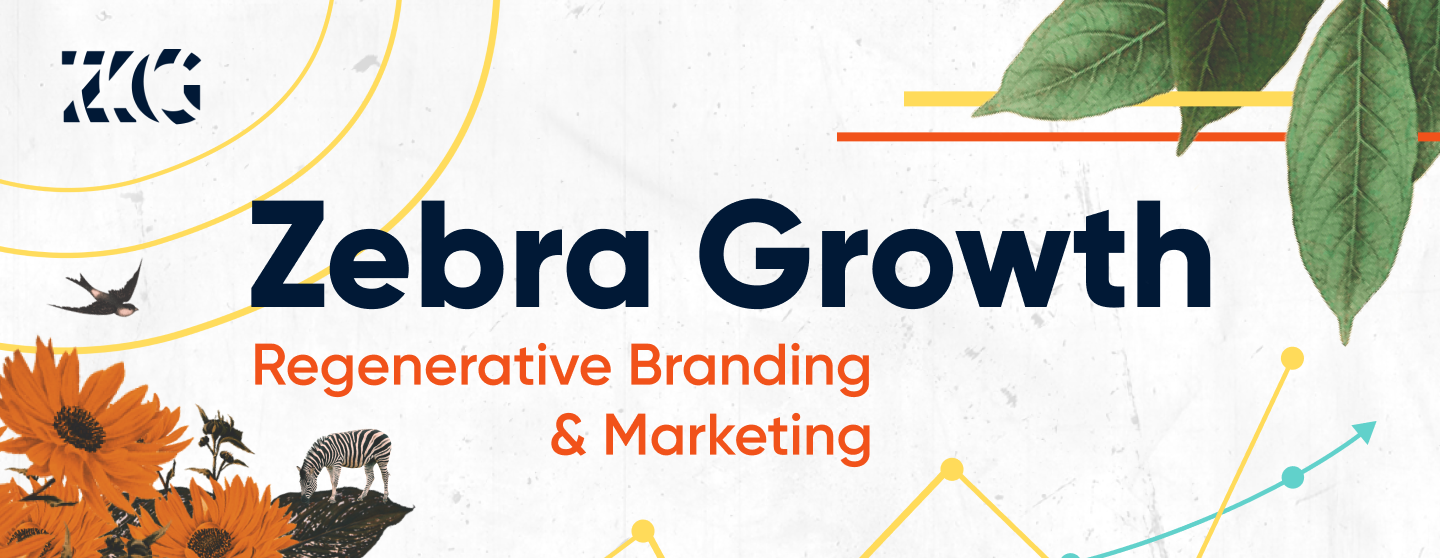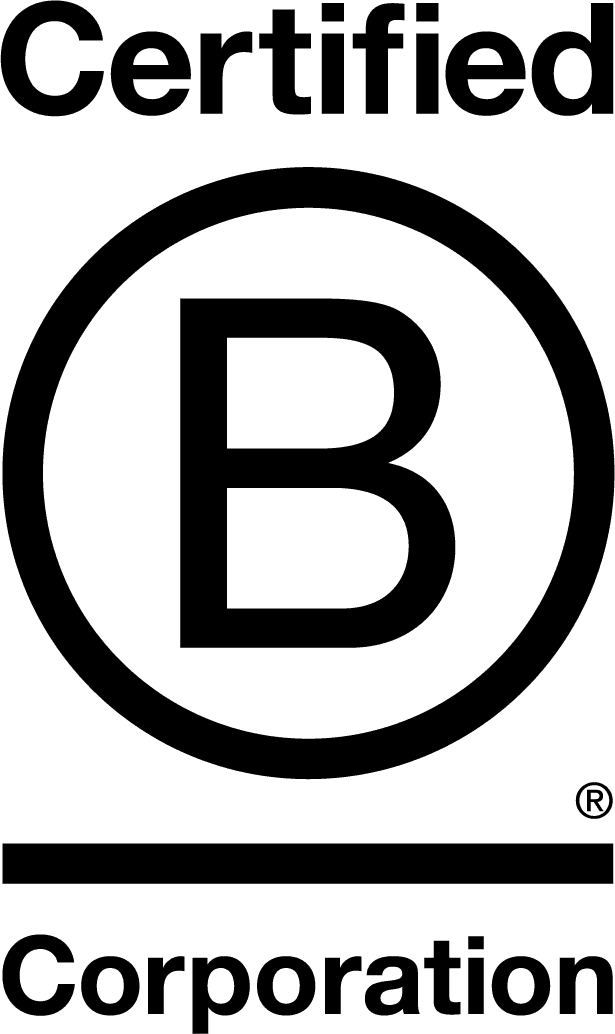

Nature Inspired LTD t/a Zebra Growth

Midlothian, United Kingdom
December 2022
Advertising & market research
Service with Minor Environmental Footprint
Brazil,
Greece,
India,
Ireland,
Italy,
Portugal,
United Arab Emirates,
United Kingdom,
Yemen
Zebra Growth is a growth marketing agency that supports start-ups and scale ups to optimise and scale their impact through regenerative marketing practices. They’re helping to build a new, regenerative economy that is run by ethically driven entrepreneurs who seek to balance profitable growth with creating positive societal impact. Firstly they help regenerative startups to formulate their purpose, mission, vision and tone of voice before designing a distinctive visual identity that allows them to stand out. Then they craft, and help to execute growth marketing strategies, continuously testing assumptions to achieve revenue-generating and impact-focused growth. A group of strategists, creatives, and techies from around the world, their team brings together a diverse mix of backgrounds, disciplines, and ways of thinking, all working remotely to drive this positive impact. https://zebragrowth.com/
Overall B Impact Score
Governance 22.2
Governance evaluates a company's overall mission, engagement around its social/environmental impact, ethics, and transparency. This section also evaluates the ability of a company to protect their mission and formally consider stakeholders in decision making through their corporate structure (e.g. benefit corporation) or corporate governing documents.
What is this? A company with an Impact Business Model is intentionally designed to create a specific positive outcome for one of its stakeholders - such as workers, community, environment, or customers.
Workers 31.0
Workers evaluates a company’s contributions to its employees’ financial security, health & safety, wellness, career development, and engagement & satisfaction. In addition, this section recognizes business models designed to benefit workers, such as companies that are at least 40% owned by non-executive employees and those that have workforce development programs to support individuals with barriers to employment.
Community 22.3
Community evaluates a company’s engagement with and impact on the communities in which it operates, hires from, and sources from. Topics include diversity, equity & inclusion, economic impact, civic engagement, charitable giving, and supply chain management. In addition, this section recognizes business models that are designed to address specific community-oriented problems, such as poverty alleviation through fair trade sourcing or distribution via microenterprises, producer cooperative models, locally focused economic development, and formal charitable giving commitments.
Environment 11.0
Environment evaluates a company’s overall environmental management practices as well as its impact on the air, climate, water, land, and biodiversity. This includes the direct impact of a company’s operations and, when applicable its supply chain and distribution channels. This section also recognizes companies with environmentally innovative production processes and those that sell products or services that have a positive environmental impact. Some examples might include products and services that create renewable energy, reduce consumption or waste, conserve land or wildlife, provide less toxic alternatives to the market, or educate people about environmental problems.
Customers 3.4
Customers evaluates a company’s stewardship of its customers through the quality of its products and services, ethical marketing, data privacy and security, and feedback channels. In addition, this section recognizes products or services that are designed to address a particular social problem for or through its customers, such as health or educational products, arts & media products, serving underserved customers/clients, and services that improve the social impact of other businesses or organizations.